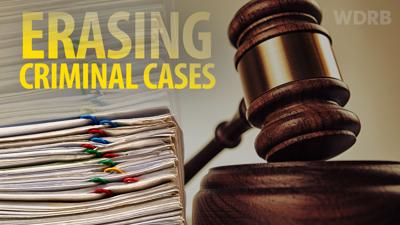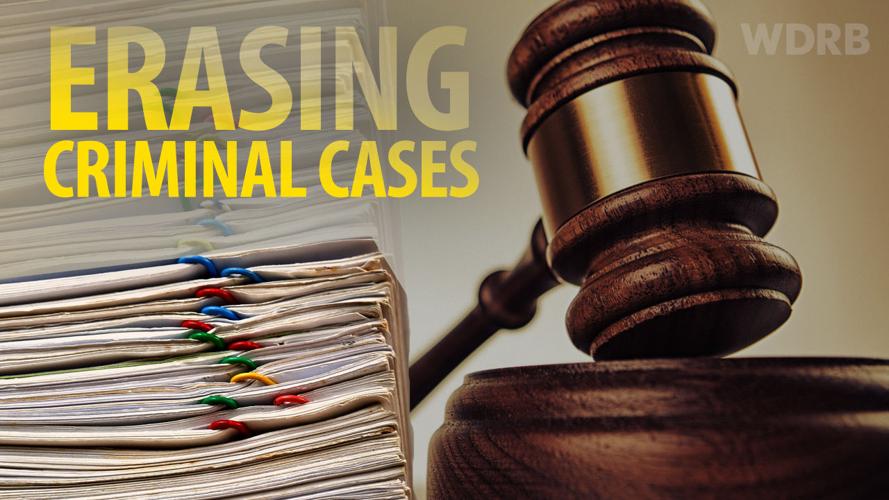LOUISVILLE, Ky. (WDRB) -- A bill in the Kentucky legislature would require the state's court system to automatically expunge, or erase, old criminal records without a person having to pay or even make a request.
The result of House Bill 417, if it passes, would clear the criminal records for thousands of eligible people who were convicted of traffic, misdemeanor and some non-violent felony cases.
The bipartisan bill filed Tuesday by Rep. Daniel Grossberg, D-Louisville, would require the state Administrative office of the Courts, which runs the court system, and Kentucky State Police to identify by August 2024 all eligible cases that have not been expunged and then continue the practice every month after. Jason Nemes R-Louisville, signed on as a co-sponsor.
The lists of eligible cases would be sent every month to the court where the case was handled and "shall" be expunged within 30 days, according to the bill.
The person whose charges were expunged would be notified.
"We are governed by the rule of law and if someone breaks the law, we hold them accountable," Grossberg said in a text. "But we also believe in redemption. We shouldn't continue to punish people once they've been done their time. Instead, we should help them get back on their feet and reintegrated into society. When we fail to do so, we're also punishing ourselves."
Clearing a person's criminal record helps not only with obtaining jobs, but the expungements of felony charges allows a person to vote again, own a gun and participate in their kids' school activities, among other benefits.
A conviction would be eligible to be expunged five years after it was disposed of, meaning after any jail or probation sentence is served or restitution is paid. It would apply to non-violent felony cases.
In past years, legislators have proposed waiving the fees to help people who have had run-ins with the law get jobs and support their families, as years-old convictions and even unproven charges still show up on employer background checks.
None of those bills passed.
The latest, in 2020, filed by former Rep. Charles Booker (D-Louisville), would have made Kentucky one of the most progressive states in automatically erasing minor criminal convictions.
Booker's bill did not make much headway, in part, because, like the recently filed bill, it would automatically expunge some felony convictions, which is controversial because prosecutors would not be given a chance to object.
In addition, there were concerns about requiring the already cash-strapped court system to find thousands of past cases that would be eligible for expungement.
Also, the state would miss out on fees people have to currently pay to get a case expunged, a $50 filing fee and $250 expungement cost for felonies and a $100 fee for misdemeanor and traffic violations.
The fees collected are split between several Kentucky agencies, including Kentucky State Police, prosecutors and the Administrative Office of the Courts.
In 2021, the state Supreme Court ordered that expungement fees for those who cannot afford them be waived for free.
Once a case is expunged, the file, court videotape, fingerprint cards and all other records are supposed to be sealed forever – not only from the public, but from police, prosecutors and the judge. The cases are sealed and removed from public files.
If asked about the case, court clerks are required to say it does not exist.
A conviction is eligible to be expunged five years after it was disposed of, meaning after any jail or probation sentence is served or restitution is paid.
A 2019 study conducted at the University of Michigan Law School found people who received expungements saw their wages increase on average by 25% within two years.
Copyright 2023 WDRB Media. All Rights Reserved.














